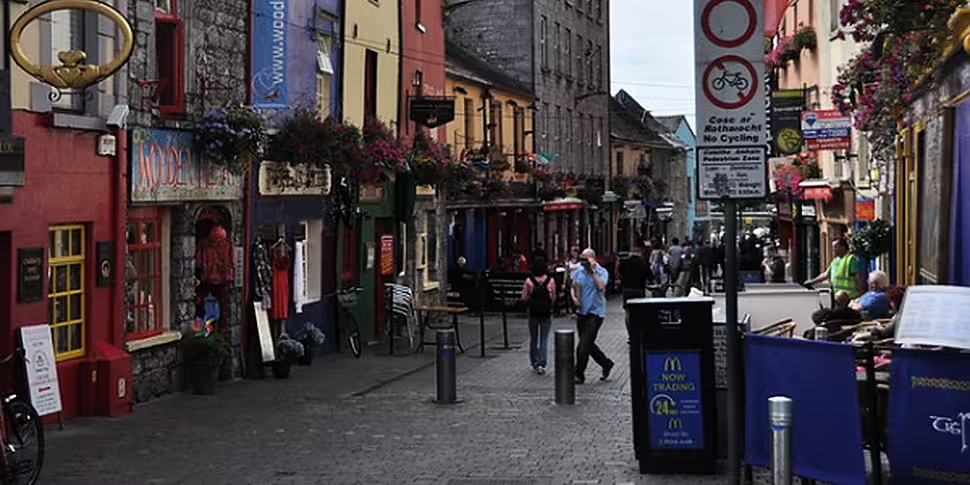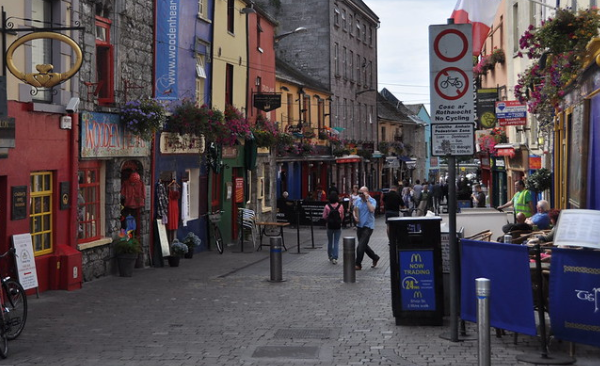The World Health Organisation says there are six things that must happen before life can start to return to normal around the globe.
The World Health Organisation (WHO) has released a simple set of criteria recommendations for nations to meet before they consider lifting restrictions and lock downs.
Experts have warned lifting restrictions too quickly could result in a resurgence of the virus and potentially prolong the devastating impact it’s had on the global economy.
“While COVID-19 accelerates very fast, it decelerates much more slowly. In other words, the way down is much slower than the way up,” WHO chief Dr Tedros Ghebreyesus explained on Monday.
“That means control measures must be lifted slowly, and with control. It cannot happen all at once.”
This is what the WHO recommends to each government:
- Transmission is controlled
- Health system capacities are in place to detect, test, isolate and treat every case and trace every contact
- Outbreak risks are minimised in special settings like health facilities and nursing homes
- Preventive measures are in place in workplaces, schools and other places where it’s essential for people to go
- Importation risks can be managed
- Communities are fully educated, engaged and empowered to adjust to the ‘new norm’
“Each government must assess their situation, while protecting all their citizens, and especially the most vulnerable,” Dr Tedros said.
“Control measures can only be lifted if the right public health measures are in place.”
Strict movement restrictions remain in place in Ireland until May 5th.
During this time people are to remain in their homes, except for the following reasons:
- To go to work.
- To get essential goods.
- To attend medical appointments.
- Vital family reasons like caring for children/elderly.
- For exercise.
- All public and private gatherings outside of a single household will be prohibited.
- Travel outside a 2km radius is banned (aside from the above listed reasons).














